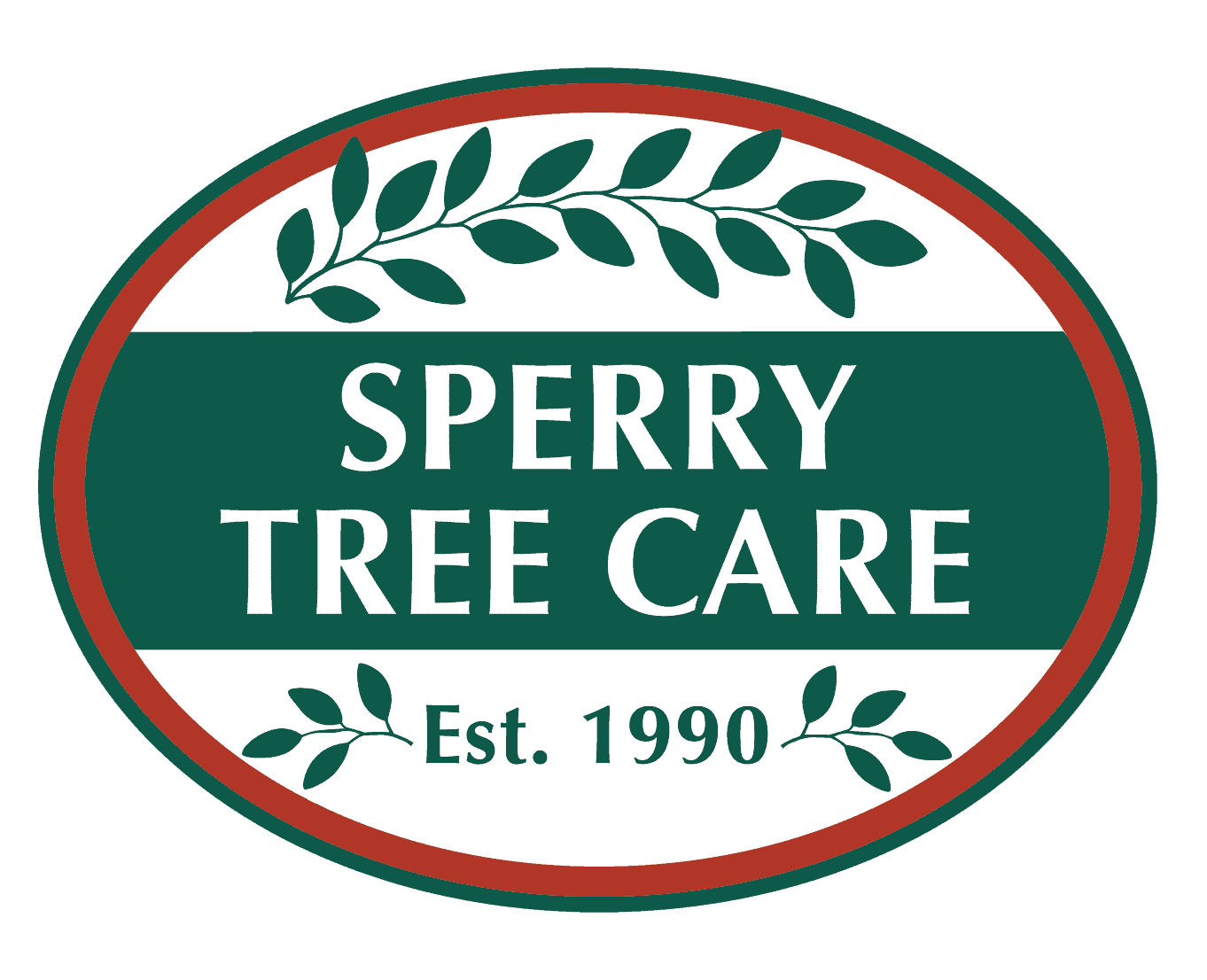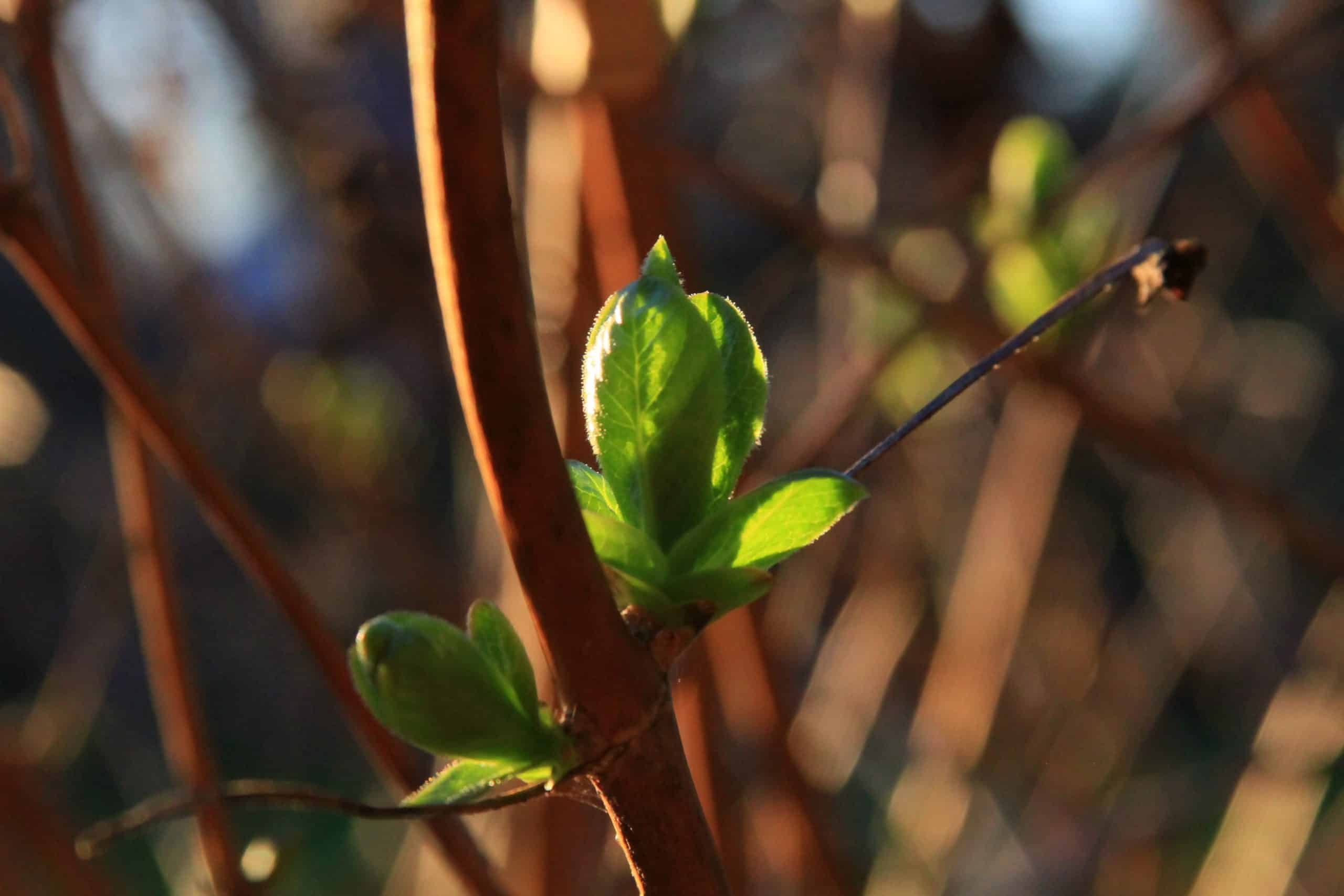So, you have decided to plant a tree. Good for you! Trees are beautiful, provide shade, add to your property value and contribute to clean air in our community. In the Willamette Valley we are fortunate that many different kinds of trees grow well in our temperate climate and we have a plethora of options. The key to a successful tree planting is choosing the right tree for the right location. To help you with that we’ve put together a list of things you should keep in mind when planting a tree, along with a few helpful tips from our team of experts.
- Location
You probably already have a place in mind for your new tree. You can picture in your mind how gorgeous it will look when it’s full grown. Before you start digging, take a closer look at the space around the spot you’ve selected. At full size, how close will the tree be to your house or any other structure such as sheds, decks, etc.? What about walk ways or fences? And don’t forget to look up. Will your tree be growing into power lines? Will it shade your coveted vegetable garden in the summer or block your treasured sunset view? Your tree may resemble little more than a leafy stick today but it will grow into a mature tree in no time, so choosing the right location is important. Making an adjustment of just a few feet could make a big difference over time.
2. Function
What function will the tree serve? Is it purely an ornamental addition to your landscape, or are you planting with future shade in mind? Perhaps you’re planting to create a visual screen between you and your neighbor. If you are looking to create a sustainable food source, you may be considering fruit or nut trees.
If you are leaning toward an ornamental tree, have you considered trees with attractive bark, fascinating forms, multi-functional uses such as hedges, fence posts, or mushroom production? There is a lot of recent awareness about Save the Bees; how can your planting choices help to make a difference? Some trees, more than others, will attract beneficial pollinators. It should be noted that honeybees are just one type of pollinator. There are many other highly effective pollinators that can all benefit from thoughtfully selected flowering plantings.
Your heart is set on enjoying homegrown fruit or nuts? Are you prepared to maintain and process the growth and food abundance that comes with these types of trees? Nut and fruit trees seem to have a language of their own; rootstock, graft, chilling requirements, dwarf, semi-dwarf and standard. When it comes to fruit and nut trees, doing your homework before planting is highly recommended. Fruit trees can even be used as hedges or screens; how about planting an espalier fruit tree- one that is specifically trained in a more lateral form as a mix of a fence, deciduous screen and food production?
3. Variety
Do you want evergreen foliage (conifer or broadleaf), flowers or not? Have you considered the positive or negative aspects of the winter shade from that evergreen? Were you aware that if you had a deciduous tree in the same location, you could enjoy the cooling benefits of the summer shade as well as the winter sun shining in your window?
Disease resistant trees and low maintenance options are important considerations that can be hard to pin down, since so many of the issues are related to site conditions. Over the last several years an insect called the bronze birch borer has become common in Eugene. These beetles love to feast on Birch trees, resulting in the tops of the trees turning brown and can eventually cause the tree to die. We no longer recommend planting Birch trees because of this. When it comes to choosing the right variety of tree, there is more to consider than just looks.
“Native” plants have become a popular choice. These are plants and trees that would have been present in this locale before human intervention. An Oregon native does not necessarily mean a plant that will thrive at your site. Even within the Willamette Valley, the potential survival of a plant varies. For example, an Incense cedar that is well adapted to upland dry conditions would be challenged by the near-wetland conditions adjacent to Fern Ridge Reservoir. Similarly, a Bigleaf maple that thrives in the riparian soils close to the Willamette River might survive, yet probably not fare as well on the shallow, low fertility soils on a southwest-facing slope on top of Spencer’s Butte.
Planting a variety of trees and plants of many different species increases the genetic diversity, and in turn, the chances that more plants will survive and thrive. If your street is lined with 20 matching trees, we recommend that you choose a different variety for your yard. After all, variety is the spice of life.
4. Care and Maintenance
An often-overlooked aspect of tree ownership is the long-term care and maintenance. All young trees require additional watering during the first several years but some trees will require more throughout their lifetime, for example.
It is important to remember also that just about every plant is messy at some point in the life cycle. It is an inevitable part of growth that some form of organic matter is produced that drops to the ground; leaves, flowers, needles, cones, fruit, nuts, etc. If you can’t stand the idea of pine needles in your pool, flowers strewn across your yard, or the idea of having to clean any of that up, be careful with your tree selection.
Like most anything else around your home, your trees will require care during their lifetime. Proper pruning as needed will keep your tree looking its best and mitigate potential safety issues posed by deadwood, falling branches or upended trees. Pruning should be done by tree care professionals; ISA Certified Arborists. Improper pruning can threaten the health of your tree.
5. Community
Last but not least, when choosing a tree, we encourage you to consider your community. We are all for planting trees and increasing the canopy coverage in urban areas. We believe that when you plant a tree, we all benefit. While we applaud your efforts to benefit the greater good, it might be a good idea to consider the impact that your tree will have on your immediate neighbors. Your neighbor may have concerns about the leaves that could drop in their yard, the tree shading their garden, or the overall impact to their carefully placed solar panels. It is possible to have good open discussions and arrangements between neighbors that create win-win, mutually beneficial plantings.
If you take into account these 5 things when selecting a tree for your yard, you will reap the benefits for many years to come. If it feels a bit overwhelming and you would like assistance from an ISA Certified Arborist, the team at Sperry Tree Care Co. is here to help. We offer free estimate consultations to help you choose just the right tree for your specific location. Call 541-461-1737 to schedule a visit, or request an appointment online: www.sperrytreecare.com



